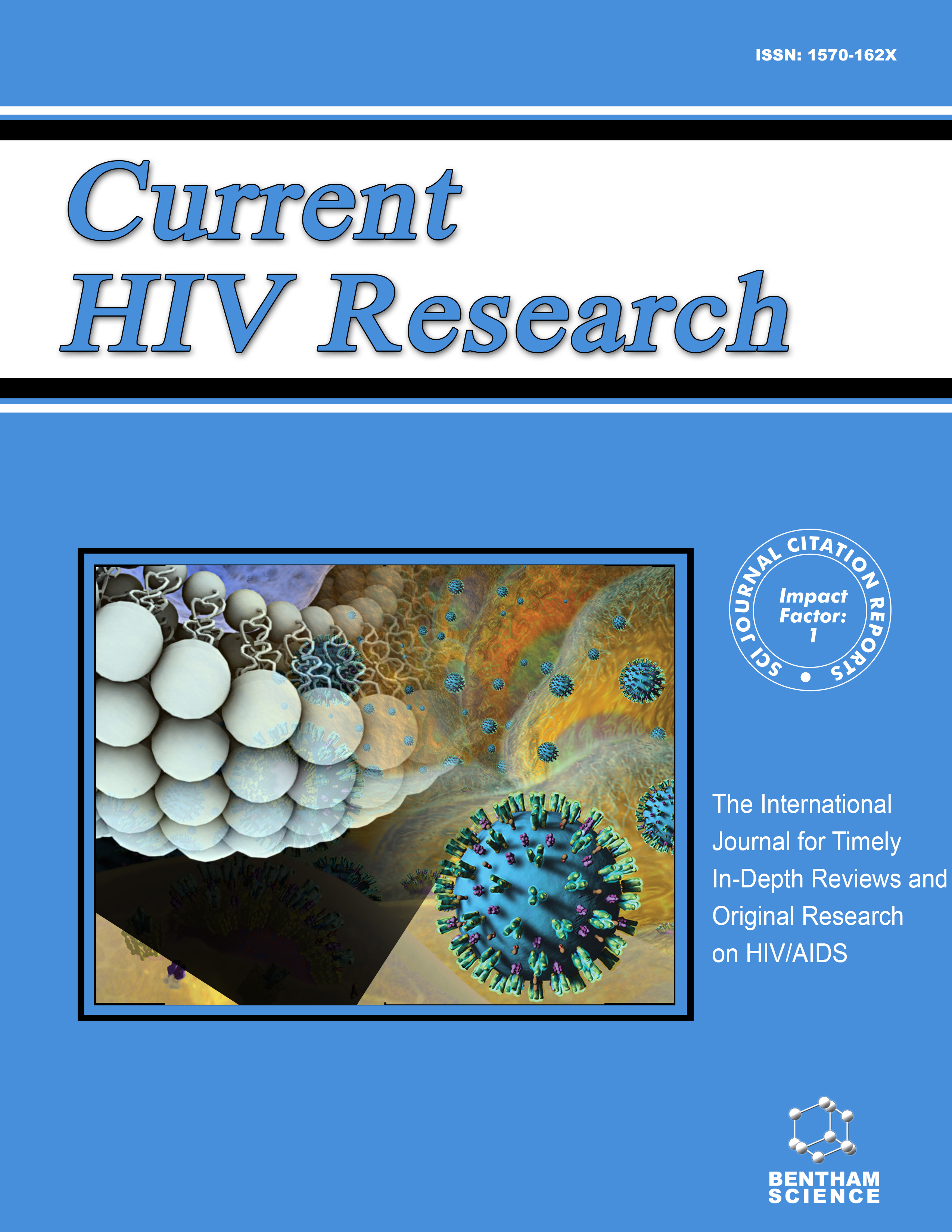
Full text loading...

Toxoplasma gondii (T. gondii) can cause serious complications in both immunocompetent and immunosuppressed individuals. This study aims to assess the seroprevalence of T. gondii among HIV-positive individuals and to investigate its association with age, sex, CD4+ T cell count, HIV RNA levels, and hematological parameters.
This study included 247 HIV-positive individuals followed up at a tertiary care hospital between November 1, 2022, and November 30, 2024. We analyzed serum samples for T. gondii IgG antibodies using electrochemiluminescent microparticle immunoassay.
The prevalence of T. gondii IgG seropositivity was found to be 32.8% (n=81; 95% CI: 26.9-39). The median age of seropositive individuals was 52 years (IQR: 42-61), which was significantly higher compared to seronegative individuals (p<0.001). The highest IgG seropositivity rate (66.7%) was observed in the 61-80 age group. Hemoglobin levels were significantly lower in IgG seropositive individuals (p=0.040). Logistic regression analysis indicated an increased risk of T. gondii infection with advancing age. The odds ratio for the 41-60 age group was 13.3 (95% CI: 1.6-106, p=0.02), while for the 61-80 age group, it was 28 (95% CI: 3.3-240, p=0.002).
The seroprevalence of T. gondii in HIV-positive individuals was lower than both global and regional averages. Age was identified as an independent risk factor for T. gondii seropositivity. Additionally, hematological alterations associated with anemia were observed in seropositive individuals. Further large-scale, multi-center, and regionally representative studies are required to optimize T. gondii infection management and screening strategies in people living with HIV.
These findings suggest that T. gondii infection in HIV-positive individuals increases with age and may be associated with anemia, highlighting the need for age-focused screening and management strategies.

Article metrics loading...

Full text loading...
References


Data & Media loading...